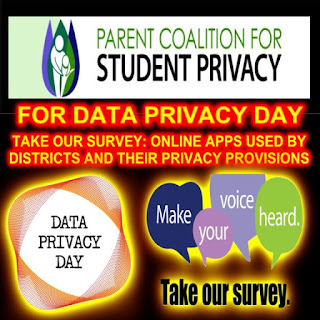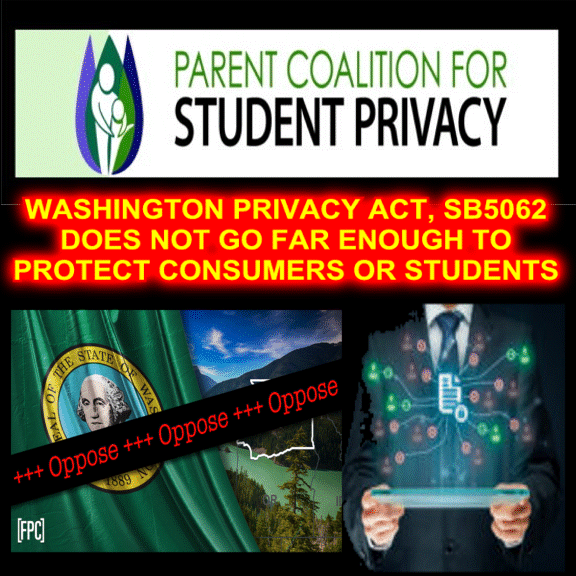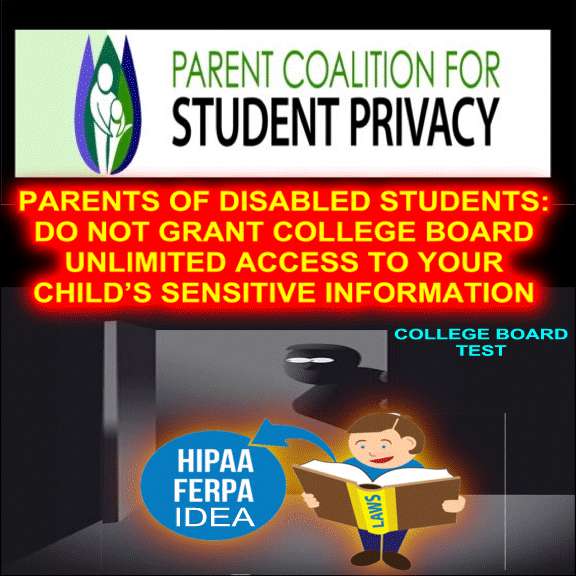Please give so we can continue our work for smaller classes & student privacy in 2021 | Class Size Matters | A clearinghouse for information on class size & the proven benefits of smaller classesPlease give so we can continue our work for smaller classes & student privacy in 2021
Dear Friends —
2020 was a difficult year for Class Size Matters as it was for many non-profits. If you support our mission of smaller classes, so that all students no matter what their background can receive the help and feedback from teachers they need for an equitable opportunity to learn, please make a tax-deductible donation now. We were unable to hold our usual annual fundraiser in the spring because of the pandemic, so we really would value your contributions at this time.
Some highlights of our efforts this year: In February, standing-room only hearings were held at City Hall on the necessity to lower class size in the public schools. We used that opportunity to urge the City Council to allocate specific funding for that end. Parents, educators, students and top officials, including Kathleen Cashin, Board of Regents member, testified that this would provide the transformational change that NYC students need and deserve, especially as class sizes are out of control in many neighborhood schools and remain 15-30% larger on average than in the rest of the state.
And then the pandemic hit in March, causing a plunge in city tax revenues and proposals by the city to slash the education budget.
Our efforts quickly pivoted to trying to prevent damaging cuts to critical programs and drawing attention to wasteful DOE spending. We were the first advocates to blow the whistle on the DOE’s plan to fully fund school bus companies to the tune of $1.1 billion per year – even as buses had been sitting idle for months in parking lots and garages across the city. Because of the consequent uproar, the city renegotiated these contracts, leading to savings of at least $200 million.
We also brought attention to the huge class sizes that students were subjected to while engaged in online learning, as well as the risk to their privacy. DOE has encouraged schools to use hundreds of commercially-prepared ed tech programs, with no evidence they complied with the provisions of the NY state student privacy law that we had pushed for and that had come into full force in January 2020.
If you would like us to continue to advocate for students to receive the full academic and emotional support next year that they will need more than ever before, rather than double down on online learning, as the Chancellor has proposed, and that DOE should cease spending millions on wasteful contracts and unnecessary programs, please show your support by donating here, or by sending a check to Class Size Matters, 124 Waverly Pl., New York NY 10011.
Hoping you and your families have a safe and happy New Year,
Leonie
P.S. You can check out last week’s “Talk out of School” podcast interview with parent activist Shino Tanikawa about the changed middle and high school admissions policies for next year and what they will and won’t accomplish. Please listen if you can, and let me know what you think. You can also subscribe to the podcast at that link or at Apple iTunes, Google, or Spotify.




























